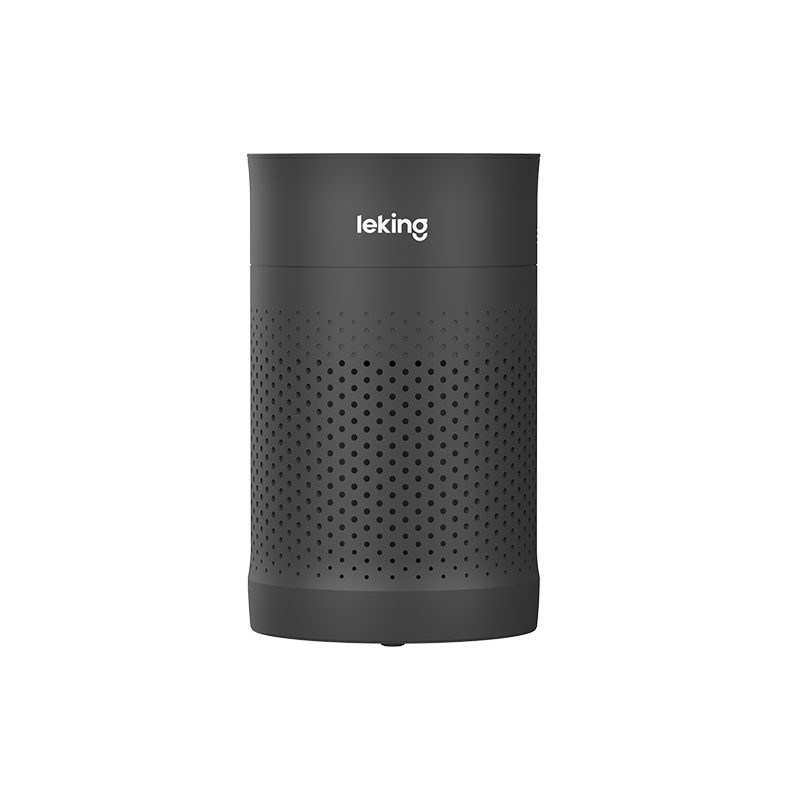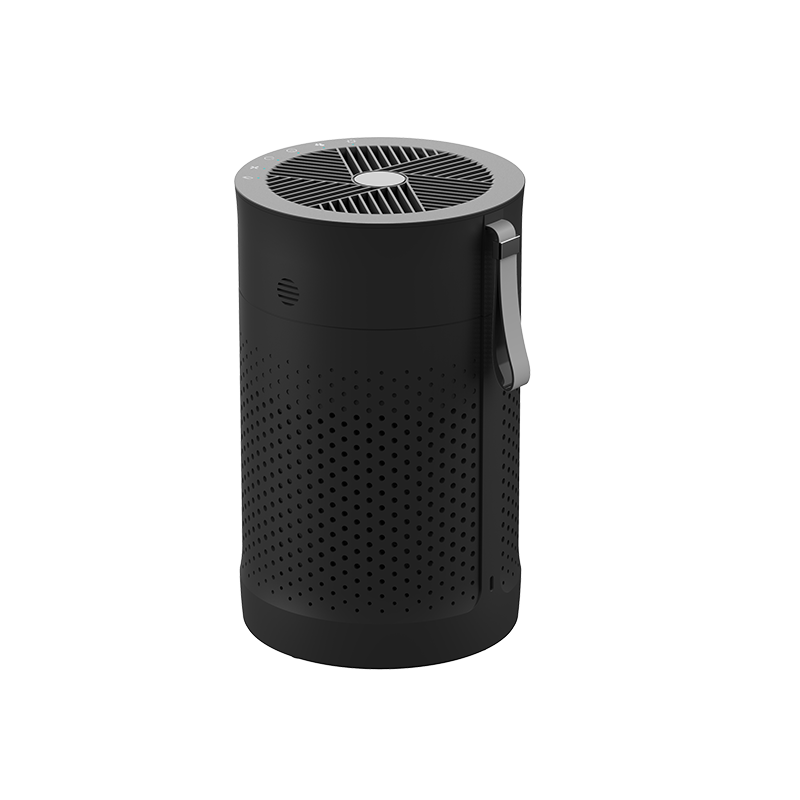In recent years, the importance of maintaining clean indoor air has become increasingly evident. Both residential and commercial environments require effective methods for controlling airborne contaminants to promote health and safety. One such method is the use of ultraviolet-C (UVC) technology in air purifiers. This article will explore how UVC light effectively eliminates airborne contaminants and the benefits of incorporating UVC air purifiers into your indoor air quality strategy.
What is UVC Light?
Ultraviolet-C (UVC) light is a type of ultraviolet light with a wavelength range between 200 and 280 nanometers. This range makes UVC light particularly effective at inactivating microorganisms, including bacteria, viruses, and mold spores. UVC light achieves this by damaging the DNA or RNA of these pathogens, rendering them unable to reproduce and causing them to die.
How UVC Technology Works in Air Purifiers
UVC technology works by exposing airborne contaminants to UVC light, typically within an air purifier's chamber. As air circulates through the purifier, it passes through a zone where it is exposed to the germicidal effects of UVC light. This process neutralizes a wide range of pathogens, including:
Bacteria: UVC light disrupts the DNA of bacteria, preventing them from multiplying and causing infections.
Viruses: The RNA of viruses is damaged by UVC light, inhibiting their ability to replicate and spread.
Mold Spores: UVC light destroys mold spores, reducing the risk of mold growth and related health issues.
Other Pathogens: UVC light can also eliminate other airborne contaminants such as pollen and dust mites.
Benefits of UVC Air Purifiers
The use of UVC air purifiers offers several significant benefits in terms of health and safety:
Reduced Airborne Diseases: By inactivating airborne pathogens, UVC technology helps reduce the spread of diseases such as the flu and common cold.
Improved Indoor Air Quality: Eliminating contaminants improves overall air quality, benefiting those with allergies or respiratory issues.
Odor Control: UVC air purifiers can help neutralize unpleasant odors caused by bacteria and mold.
Safety Considerations and Best Practices
While UVC technology is effective, it must be used with care to ensure the safety of humans and pets:
Proper Installation: UVC air purifiers should be installed according to manufacturer guidelines to avoid direct exposure to UVC light.
Shielding and Design: Modern UVC air purifiers are designed with shielding to protect against accidental exposure to UVC light.
Maintenance: Regular maintenance, including cleaning and replacing components, ensures the purifier's continued effectiveness and safety.
Limited Exposure: Avoid prolonged exposure to UVC light, as it can be harmful to skin and eyes.
Choosing the Right UVC Air Purifier
Selecting the right UVC air purifier requires considering several factors:
Room Size: Choose an air purifier with an appropriate capacity for the size of your room.
Air Changes Per Hour (ACH): Look for a model that can provide sufficient air changes per hour to maintain clean air.
Additional Features: Consider models with features such as air quality sensors or smart controls for better air quality management.
Regular Maintenance: Ensure you can easily access and maintain the purifier, including replacing filters and UVC bulbs as needed.
If you want to choose a suitable UVC air purifier, you might as well try leking. As a professional UVC air purifier manufacturer, leking can provide you with high-quality products and services. Welcome to contact us for detailed ordering information and services!
Conclusion
UVC technology in air purifiers is a powerful tool for eliminating airborne contaminants and improving indoor air quality. By damaging the DNA or RNA of microorganisms, UVC light effectively inactivates bacteria, viruses, mold spores, and other pathogens. This technology offers numerous benefits in terms of health, safety, and odor control.
When choosing a UVC air purifier, consider the size of your space, the required air changes per hour, and additional features that enhance your air quality strategy. Remember to follow safety guidelines and perform regular maintenance to keep your UVC air purifier running efficiently. By incorporating UVC technology into your indoor air quality plan, you can create a healthier and safer environment for yourself and those around you.




